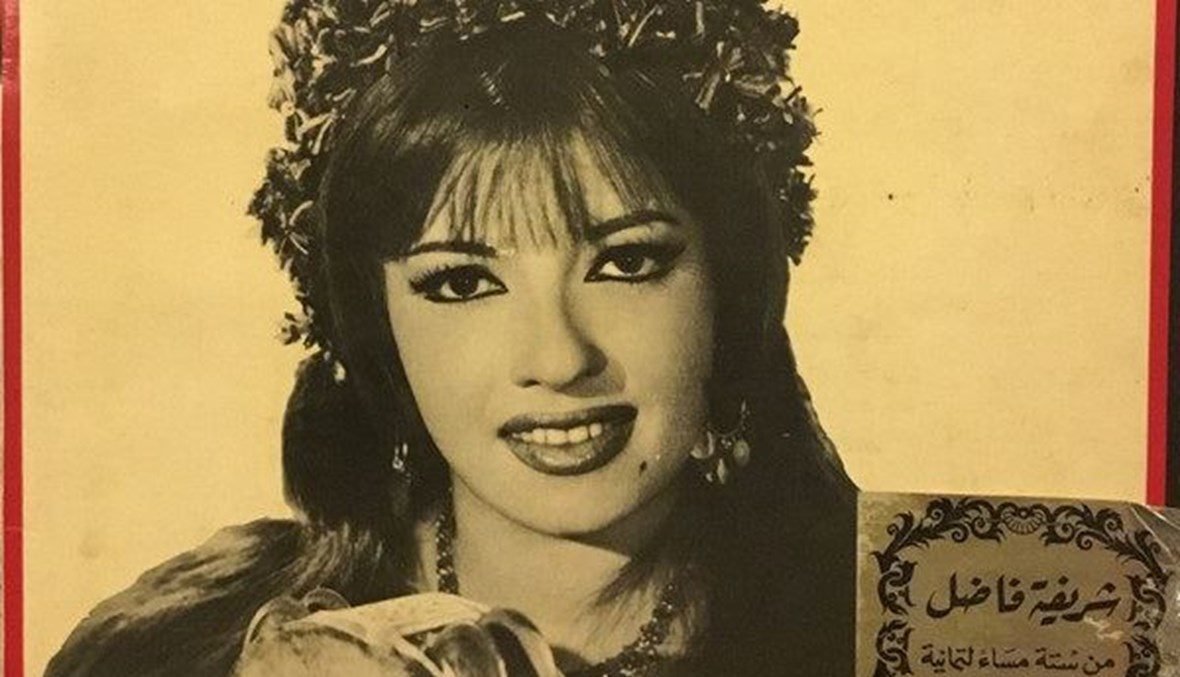The family of Egyptian singer Sherifa Fadel announced that she passed away after being absent from the music scene for decades, but the echoes of her songs remained present in the hearts of her fans.
Her nephew Tarek Nada wrote on his Facebook page:
“My aunt, the mother of the late artist Sherifa Fadel, has passed away, and her funeral prayer will be held at Al-Sayeda Nafisa Mosque after Asr prayer, and her burial will be in the family cemetery.”
Who is Sherifa Fadel?
She was born in Cairo in the 1930s under Foukia Mahmoud Ahmed Nada. Her mother played a major role in supporting her artistically, despite her father’s opposition to her entering this field. She joined the Institute of Acting but did not complete her studies there.
She first appeared on screen in the film “Al-Ab” in 1947. After that, she worked briefly on the radio with the famous broadcaster Baba Sharaw before marrying the artist Sayed Bedeir, who directed one film for her before they separated.
The composer Mohammed Al-Mogi presented her first song, “Amana Ma Taseherny Ya Bukra.” She later distinguished herself in the popular genre, opening the doors of fame for her.
She collaborated closely with the composer and singer Munir Murad, who presented her with a large collection of her most successful songs, such as “Haret Al-Saqayeen,” “Fallah,” “Al-Sheikh Masoud,” “Al-Layl,” and “Aah Min Al-Sabr.” She also worked with top composers such as Riyad Al-Sunbati, Baligh Hamdi, Sayed Mekawy, and Mahmoud Al-Sharif.
In the 1970s, she presented the song “Umm Al-Batal,” written by Nabila Qandil and composed by Ali Ismail, after the death of her son Sayed Al-Sayed Bedeir in the War of Attrition.
She established a famous variety theater on Al-Haram Street and performed concerts in many Arab countries, including Tunisia, Lebanon, and Kuwait. She also participated in several films such as “Haret Al-Saqayeen,” “Sultana Al-Tarab,” and “Til Al-Aqarib,” as well as presenting some musical plays.









What do you think?
It is nice to know your opinion. Leave a comment.